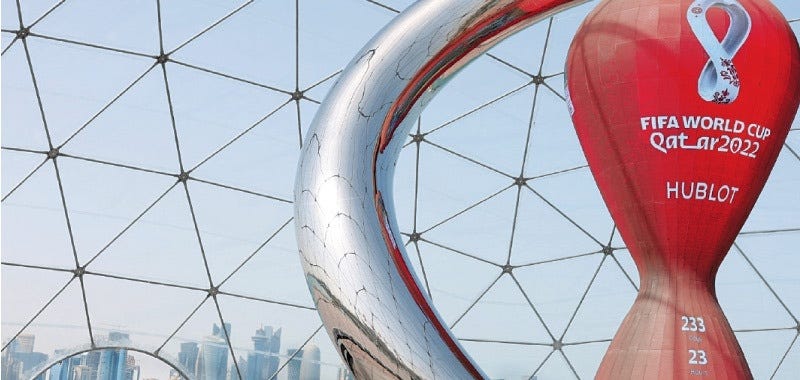Qatar World Cup Carbon Offsets Called into Question
According to a recent report, suspect carbon offsets could prolong the fight against global warming and could end up actually allowing more emissions.
As more businesses and sovereigns commit to ever-aggressive decarbonizing goals the proliferation of carbon offset instruments has likewise been on the increase.
Rather than investing in their own decarbonization solutions, a growing number of companies are now buying “off-the-shelf” offset solutions.
According to an exclusive probe by Bloomberg Green, a wide array of global corporates including e-commerce sites, banks and industrial conglomerates who claim to be operating as “carbon neutral” could have erroneously invested in carbon credits that do not meet the basic acceptable standards.
The investigation uncovered that numerous current offset instruments on the market fail to meet the basic decarbonization standard and an analysis of more than 215,000 transactions conducted in 2021 showed that about 40% of the total came from renewable-energy offsets.
Not-for-profit association Carbon Market Watch said issuing carbon credits to large renewable energy projects in 2022 goes against fundamental integrity rules of carbon markets.
Well-established offset-verifying bodies like Verra and Gold Standard have stopped approving renewable-energy projects, unless they are located in the poorest countries.
The Bloomberg Green probe also looked at the Qatar-based Global Carbon Council (GCC) which has been verifying offsets that Verra and Gold Standard have recently stopped authenticating.
The report claims that GCC has been the main source of offsets that Qataris purchased to call the FIFA World Cup a “carbon neutral” event.
But with games kicking off in 7 newly constructed stadiums that are linked by new roads and attended by supporters flying in from all corners of the world, Qatar 2022 could actually be the most carbon-intensive World Cup ever, the report says.
#Qatar2022 #CarbonOffset





